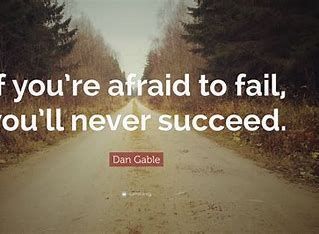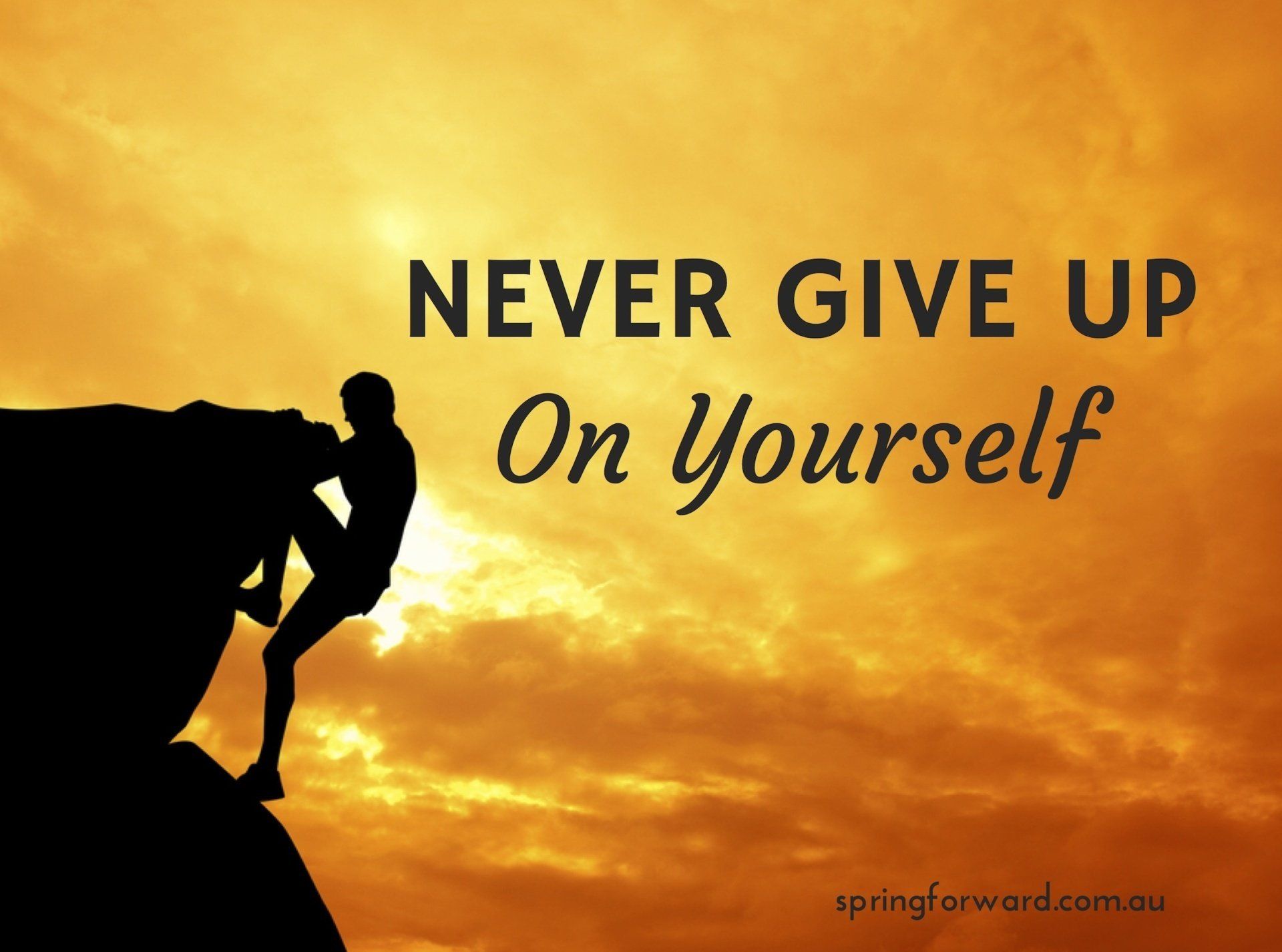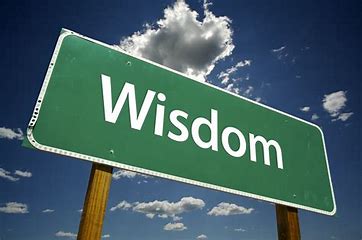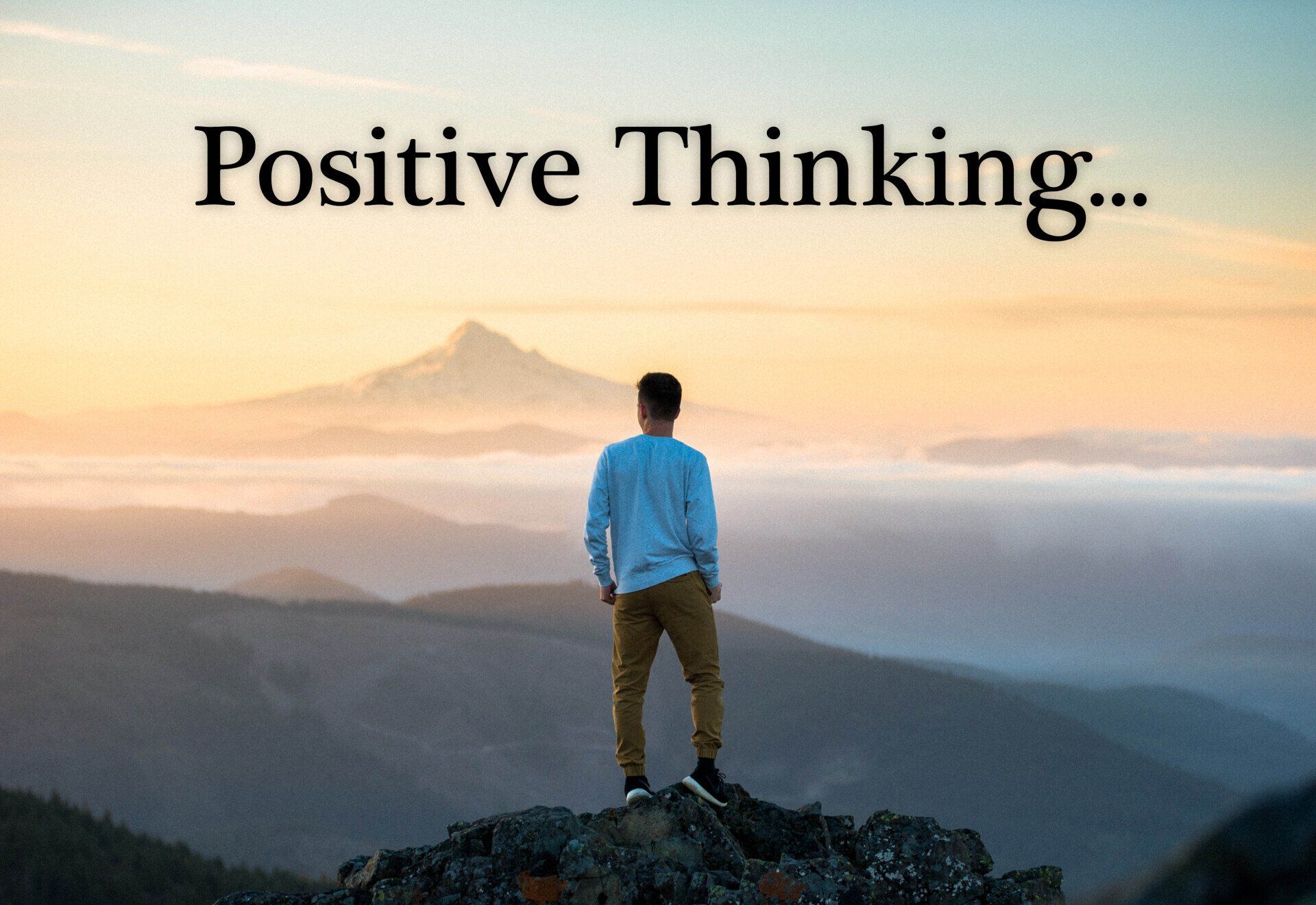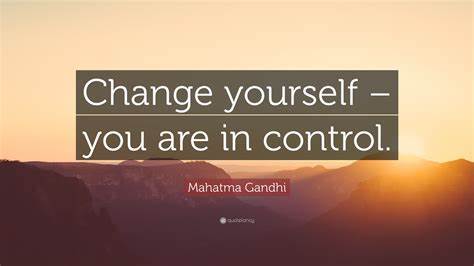Another Way To Look At Struggling With Doubt
A Reason For Doubt.
The Power of Doubt
We've all been there before. That moment when we are questioning everything we know to be true. When the very foundation of our beliefs is rocked by doubt. It's a scary feeling, but it's also an incredibly powerful one.
Doubt is often seen as a negative emotion, something to be avoided at all costs. But the truth is, doubt can be one of the most useful tools in our arsenal. Doubt is what allows us to question our assumptions, to challenge our beliefs, and to grow as individuals. Without doubt, we would never progress beyond our current state of understanding. We would never learn anything new or discover anything different. We would be stuck in the same place, forever stagnant.
So next time you find yourself doubting your convictions, remember that it's not a bad thing. Embrace the power of doubt and use it to your advantage.
Why We Doubt
There are many reasons why we might start doubting our beliefs. Maybe we've been presented with new evidence that contradicts what we believe. Maybe we're going through a tough time in our lives and everything seems uncertain. Or maybe we're just feeling curious and want to explore different viewpoints.
Whatever the reason, it's important to remember that doubt is a natural part of the human experience. We all go through periods of doubt throughout our lives. The key is not to let doubt defeat us; instead, we should use it as an opportunity to learn and grow.
How to Handle Doubt
When doubts start creeping into our minds, it can be tempting to try to push them away and ignore them. But that's not always the best approach. In some cases, it might be necessary to confront our doubts head-on in order to move past them. Here are a few tips for how to handle doubt:
Acknowledge your doubts. Don't try to pretend they don't exist; that will only make them worse. Instead, accept that you're feeling doubtful and give yourself permission to explore those feelings.
-Talk about your doubts with someone you trust. Share what you're thinking and feeling with someone who will understand and support you. This can help you clarify your doubts and figure out how to move past them.
-Challenge your doubts with evidence. If your doubts are based on irrational thoughts or false information, challenge them with facts and logic. This will help you see things more clearly and make it easier to let go of your doubts altogether.
-Allow yourself time to process your doubts. Doubt can be uncomfortable, but it doesn't have to last forever. Give yourself time to work through your feelings and eventually they will dissipate.
Doubt is an inevitable part of life—but that doesn't mean it has to be a bad thing. Doubt can be pretty helpful if we know how to handle it properly. The next time you find yourself questioning your beliefs, remember these tips for how to deal with doubt constructively: acknowledge your doubts, talk about them with someone you trust, challenge them with evidence, and allow yourself time to process them fully . Following these steps can turn moments of doubt into opportunities for growth and self-discovery .


